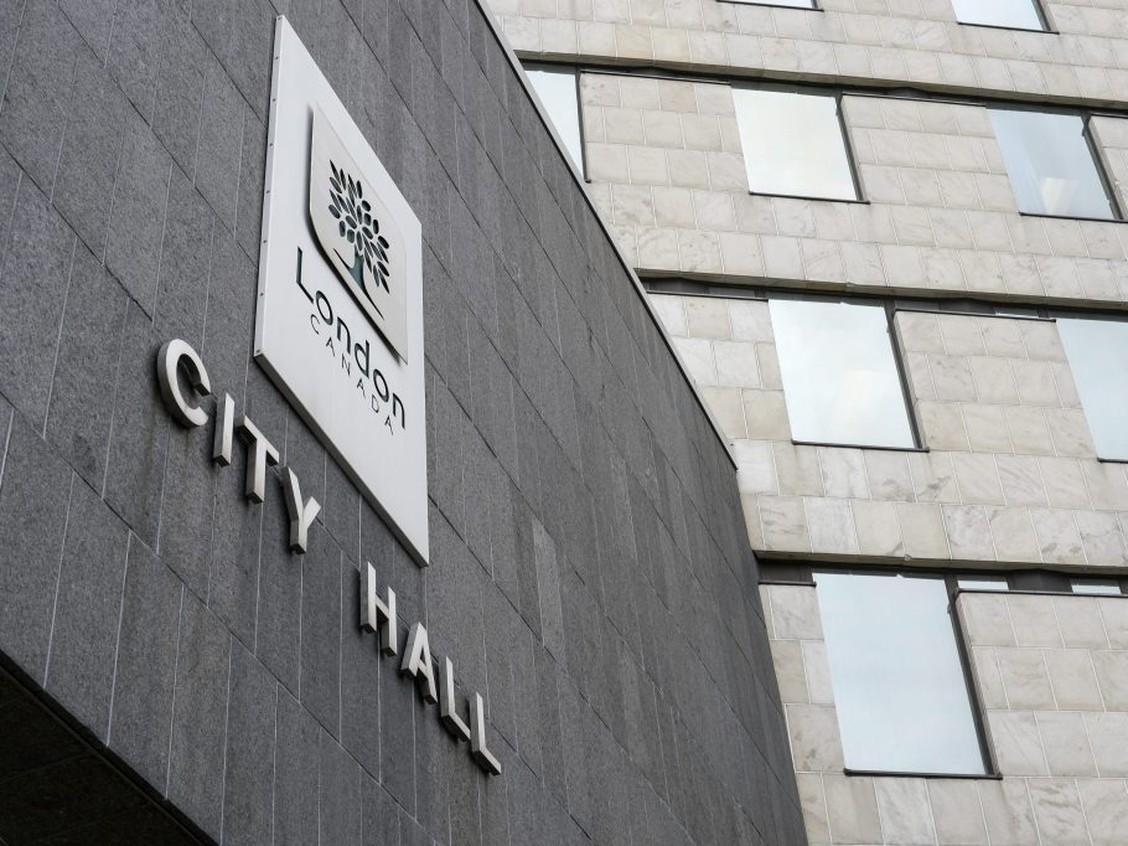London Free Press: Consultant to answer taxing question: How many vacant homes are in London?
Posted February 16, 2022
Posted February 16, 2022
Exactly how many homes in London are sitting empty? City council wants to find out.
It’s a tentative first step toward tackling the vacancy problems – possibly with a tax to encourage owners to sell or rent their properties – in London. All but four members of council voted in favour of more study to uncover the city’s residential vacancy rate and report back on possible solutions.
Estimates on empty homes vary wildly. City hall is aware of 62, based on previous complaints, but if London’s rate is comparable to other cities, it could be as many as 780.
It’s worth looking at a tax on vacant homes as a way to avoid the associated problems that can affect the rest of the street, Ward 4 Coun. Jesse Helmer said at Tuesday’s council meeting.
“We can avoid all the property standards issues and the problems that comes with that in neighbourhoods,” he said.
“We can create more housing, in the sense that now it’s available and on the market, instead of empty, by putting in that disincentive at the beginning, and making it more expensive for owners to leave them empty,” Helmer said.
Mayor Ed Holder, who batted back any suggestion of a vacancy tax or even a broader vacant homes strategy at a committee meeting, again refused to get on board.
“You need incentives to create affordable housing, not punitive measures,” Holder said Tuesday night.
Holder and councillors Stephen Turner, Michael van Holst, and Paul Van Meerbergen voted against the motion to hire a consultant “to study and validate” residential vacancy in London and outline the scope of the problem, and possible solutions, to council.
All others voted in favour.
Ward 1 Coun. van Holst derided it as simply “asking someone to count the empty houses” in London.
City council is meeting (virtually) today in #LdnOnt.
Decisions expected on some interesting/notable files tonight:
?️ Roughtly $10M in homeless shelter contracts for the next year
? Climate emergency action plan
?? Plan to disrupt Islamophobia
? Vacant home strategy— Megan Stacey (@MeganatLFPress) February 15, 2022
For others, it doesn’t go nearly far enough. Tenant advocates ACORN called on council to approve a five to 10 per cent tax on vacant homes to push owners to rent out empty units.
The current plan, and lack of timelines, is “weak,” ACORN said in a statement. A harsher tax is the way to disincentivize leaving housing units vacant.
The tightened direction to city staff was brought by Ward 2 Coun. Shawn Lewis and Ward 5 Coun. Maureen Cassidy, who both have championed the idea of a vacancy tax as a way to open up more housing units and tackle problem properties.
City staff recommended against the vacancy tax after some initial study, saying it would cost more to implement than it would add to city coffers. The ultimate goal is to use vacancy tax revenue to fund more affordable housing projects.
“The intent would be to validate how big of a problem there is in the City of London and get a much better estimate of what that vacancy rate is,” city treasurer Anna Lisa Barbon said of Tuesday’s motion.
“Then, based on how big the problem is, what kind of targeted steps you could (take).”
Statistics Canada data or electricity and water usage rates could be used to pinpoint existing vacant homes, Barbon told politicians.
***
Article by Megan Stacey for the London Free Press

